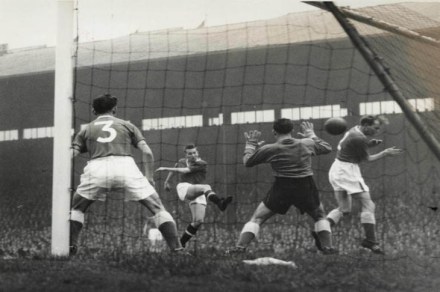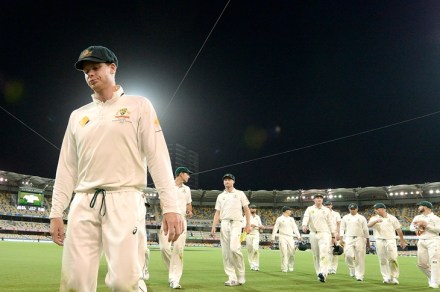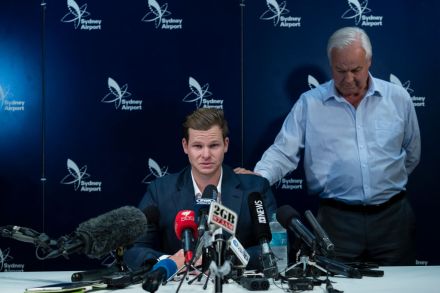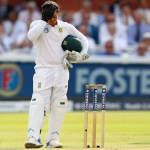The England team is no place for Ben Stokes
I had never heard of Sam Curran when I took my seat at Edgbaston a couple of weeks ago. Four hours later I was joining in a standing ovation. Single-handedly, he had made my trip to Birmingham worthwhile. Without him, I would have been on my way home soon after lunch. Yet with England facing almost certain defeat, and with one batsman after another falling to feeble or misguided shots, he dug in, then stroked his way to 63 runs off 65 balls to give England a chance of victory which they seized the following day. Curran’s reward for that innings (as well as his five wickets in the match)




















